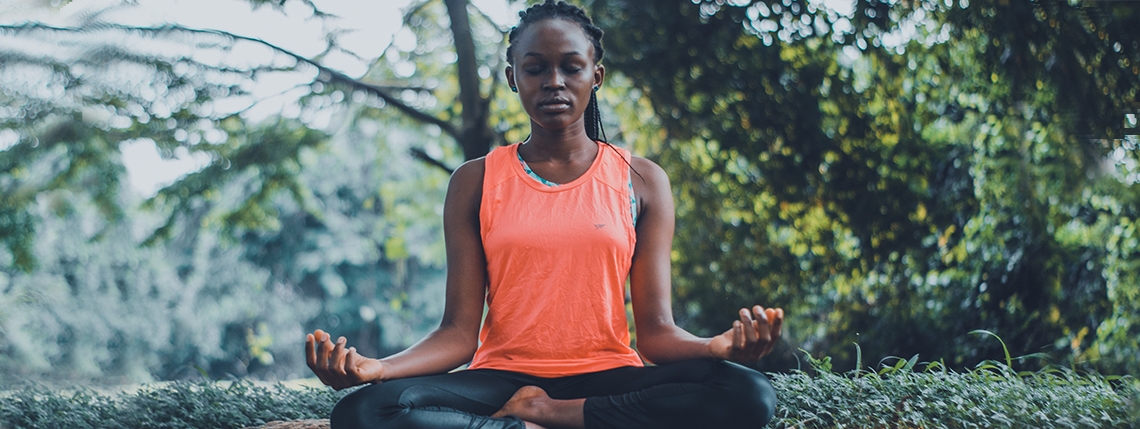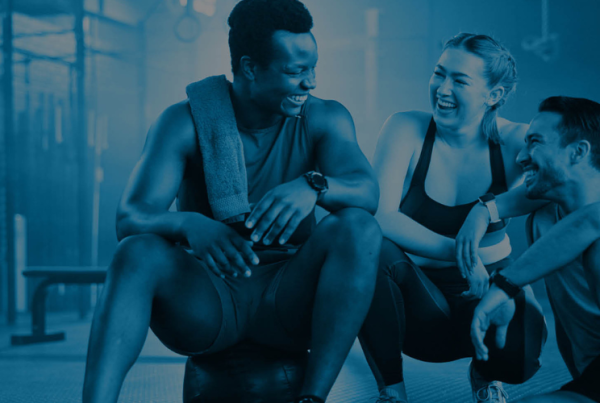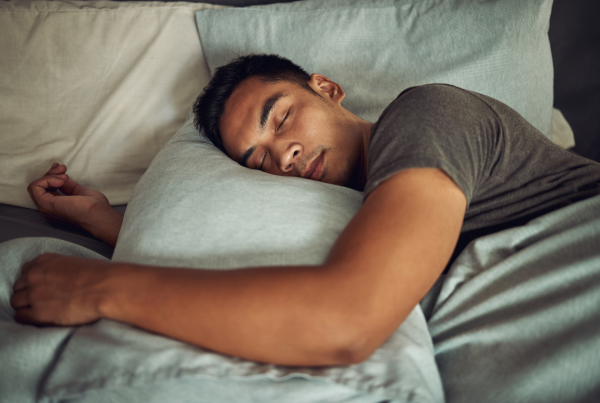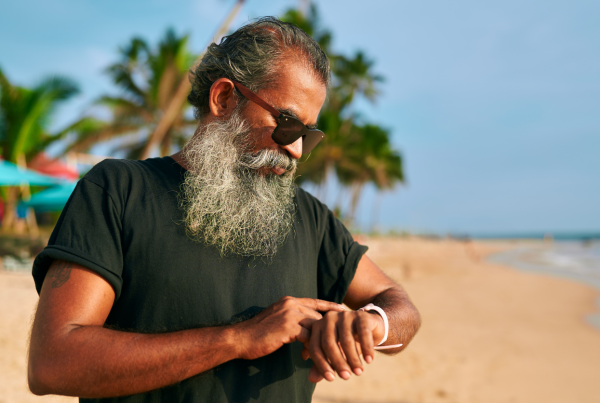One of the silent effects of Covid-19 has been its effect on our mental health and increasing stress. Here we look at how meditation can help you now and highlight some of the practices to try.
As we continue to face uncertainty from the pandemic and lockdown, as well as financial instability, it’s no surprise to read the results of a survey from the Office of National Statistics last week, which reported that 64.3% of the adults questioned reported feeling stressed or anxious nearly half of the adults questioned (46.9%) reported high levels of anxiety. And the majority – 84.2% – said they were very worried or somewhat worried about the effect that the coronavirus (Covid-19) is having on their life right now. And as early as the end of March, research by the University of Sheffield and Ulster University observed 2,000 people between Monday 23 March and Friday 27 March using standardised measures of mental health and observed a spike in stress and anxiety after the Prime Minister’s announcement of a first lockdown on 23 March 2020.
Backed by science
Research has shown that meditation helps reduce stress and anxiety. It teaches us how to respond to stress with an awareness of what is happening in the present moment, rather than being reactive and unaware of the emotions driving our decision making. And it’s backed by science: research by meditation app Headspace found that after just 10 days there is evidence of reduced anxiety and stress. In 2016, a meta-analysis from the Netherlands of 15 mindful exercise studies showed that meditation had a beneficial impact on depression, stress, anxiety, and well-being. These studies show the potential for online mindfulness exercises to really contribute to improvements in overall mental health. And another study carried out on 133 Australian Human Services professionals found that the lowest levels of psychological distress and burnout were found in those with the highest level of mindfulness.
Calm is an award-winning app that shares quotes, nature visuals and lovely music. There are also stories for bedtime, with famous actors providing the vocals, and courses to follow. The daily Calm sessions are all delivered by Tamara Levitt, with a soft American accent. You can try Calm through your Apple Watch, with breathing exercises, a mindful walking meditation and calming exercises you can access from your watch.
The app describes itself as the only science-backed mindfulness training programme. Anxiety UK highlights that the app includes a 30-day pack focusing specifically on anxiety, as well as two-minute ‘SOS’ sessions, designed to help users in moments of high anxiety. You can pick from a male or female voice and you can choose whether to do three minutes or 20. There’s also group sessions, stories, videos and other great content.
Oprah and Deepak 21-Day Meditation Experience
This popular app offers regular free 21-day challenges, which you can join for free before signing up. Nice additions are the intro from Oprah and the daily mantra from Deepak, and then a centring thought and journal guidance. It takes 21 days to make a habit stick and this is a great way to get you started. Through Coronavirus they’ve let their Hope in Uncertain Times 21-Day Meditation continue to be free and accessible for longer than usual.
Author bio

Fiona Bugler is a fitness specialist with a background in journalism, PR and marketing. She is also a PT, group X instructor, and a running coach.
In 2012, Fiona co-founded the Fitness Writers’ Association and began working with fitness brands as a content marketing and social media consultant. Now she works with individuals and brands, and offers a one-to-one coaching service for those who want to get their story and brand known. She’s the creator of the online community endurancewomen.com which celebrates ordinary women being extraordinary, and shares stories, blogs, and training tips.







